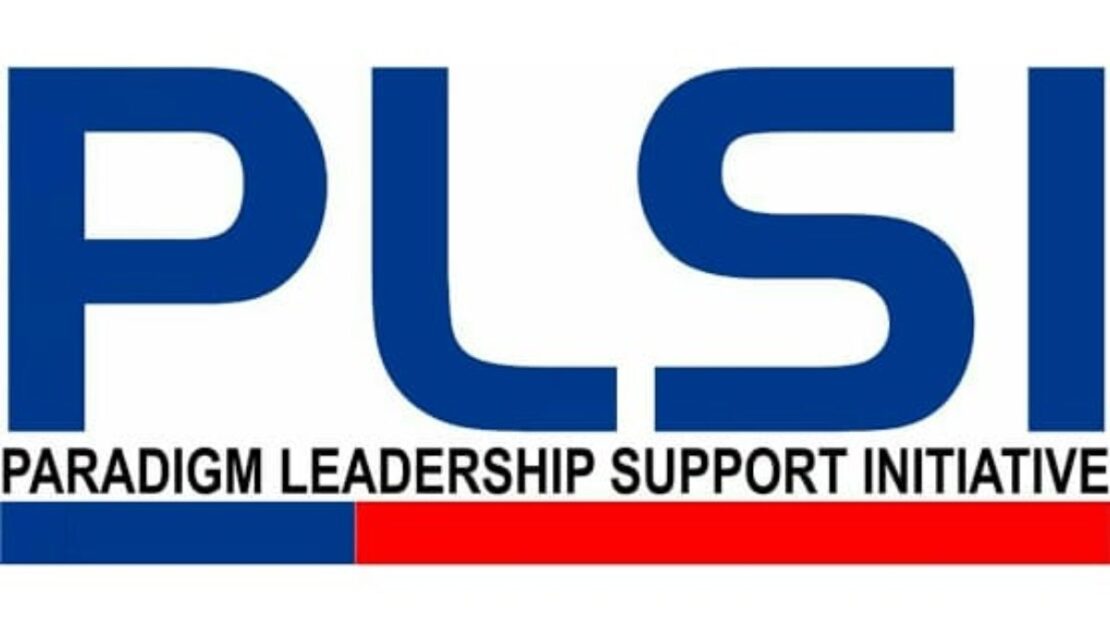PLSI, CSJ And Partners Release Independent Findings On 2017 Audit Report of Nigeria
-
December 21, 2021
- Posted by: Center for Social Justice

The Paradigm Leadership Support Initiative (PLSI), the Centre for Social Justice (CSJ) and partners have released an independent finding on priority projects captured in the 2017 Audit Report of the Federation.
Summary analysis of the 2017 audit report jointly carried out by PLSI alongside CSJ, Socio-Economic Rights and Accountability Project (SERAP), Step Up Nigeria, and Dataphyte revealed several infractions among which are that N9.8bn was not accounted for on 39 contracts awarded by the federal government, N43.1bn taxes not remitted by 14 agencies of government and N44.6bn of internally generated revenue not paid into the government treasury.
These recurring issues have grave implications and pose great risks to Nigeria’s fragile economy.
In 2017, Nigeria approved a total of N7.4 trillion budget to be spent with N2.1 trillion going to capital, N2.6 trillion for non-debt recurrent while N1.6 trillion was allocated to service debt.
Nigeria’s infrastructure gap is so huge that analysts believe that the country will require at least $3 trillion (three trillion dollars) over a 30year period to address it. From poor port infrastructure, dilapidated transport networks, epileptic power supply, huge housing deficit, Nigeria’s infrastructure gap cannot be overemphasised. According to the IMF, Nigeria’s infrastructure stock of 25% of GDP remains far below the 70% international benchmark.
The 2017 audit report of the federation presented and published by the Office of the Auditor-General for the Federation of Nigeria revealed several loopholes in the country’s public finance management processes leading to constant loss of revenue and lack of value for the meagre sum the country struggles to spend to cover her infrastructure deficit.
The independent finding monitored 20 of the 39 contracts captured in the 2017 audit report and found that while some of the projects have now been completed, many are either still abandoned, not executed, or poorly implemented leading to loss of public funds and low quality of life for citizens in affected communities. Resolving all highlighted issues in this “independent findings” document will require key actors in the public audit chain in Nigeria to be responsible. More important is the role of the Public Accounts Committees to review all audit issues as reported by the Auditor-General for the Federation and make valuable recommendations to the Executive arm to correct every anomaly.
Also, the Executive arm must be seen leading efforts to provide Nigeria with a modern audit law that will guarantee financial and administrative independence of Office of the Auditor-General for the Federation. It is imperative to state that evaluating performance of the country’s annual budgets with a pre-independence Audit Act of 1956 does not in any way show that the Federal Government of Nigeria is committed to preventing corruption and improving service delivery to its citizens.
